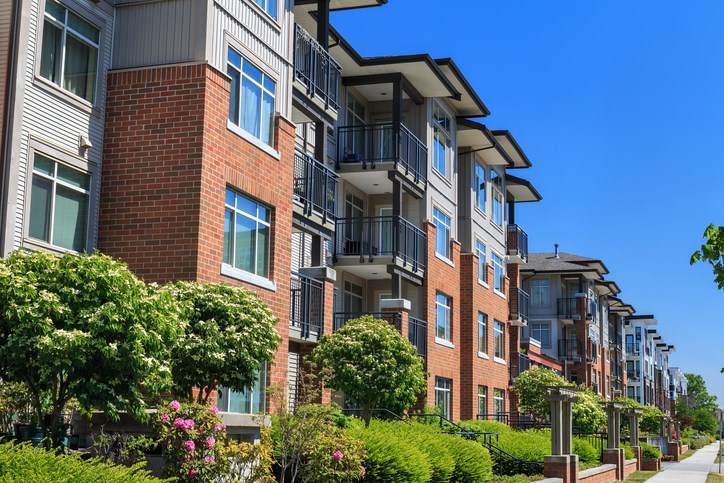B.C.’s Premier John Horgan and housing minister Selina Robinson are receiving opposing recommendations on whether to ban rental restrictions on strata units, or continue to allow strata corporations to limit rentals.
Currently, B.C. strata corporations formed before 2010 may have a low cap on the number of rentals allowed in their building – a bylaw that some housing advocates have argued causes units to sit empty as they cannot be rented out.
To avoid this, all strata corporations formed since 2010 have not been permitted to put rental restrictions in place, which means all owners of post-2010 condos may rent out their units.
The NDP government’s Rental Housing Task Force for amending the Residential Tenancy Act. Its ninth recommendation was to “increase the availability of currently empty strata units by eliminating a strata corporation's ability to ban owners from renting their own strata units” – no matter how old the building.
The task force wrote in its , “As one online participant wrote in support of removing rental bans in strata properties, ‘Allowing stratas to ban rentals assumes that renters are hazardous, and supports vacant condos owned by speculators. Condos have become fundamental to the supply of rental housing and should not be allowed to be prohibited.’ Most Canadian provinces allow owners of strata units to rent them out and do not allow discrimination against renters.”
It added, “While the Task Force believes this change will help to increase the rental housing supply, it is also important to give strata corporations the ability to evict tenants in exceptional cases where negligence, abuse or law breaking is disrupting the quiet enjoyment of other residents, putting people in danger, or harming the building.”
Would rental free-for-all fuel speculation?
However, the Condominium Home Owners’ Association of B.C. (CHOA) is lobbying to maintain the status quo that allows strata corporations to limit rentals in their buildings.
Tony Gioventu, executive director of CHOA, told Glacier Media ahead of the task force’s recommendations that allowing all condos to be rented out at the owner’s discretion would do the opposite of the intended result to increase supply, and would fuel investor speculation.
Gioventu said that condo buildings with no rental restrictions actually tend to have a much higher rate of empty units, as a higher proportion of the homes are purchased by investors. Units in unrestricted buildings are much more attractive to investor-purchasers, as those units can be rented out at any time. However, buildings with a lot of investor-owners tend to also have a higher proportion of units sitting empty.
Gioventu cited the results of a CHOA study of 16 buildings in Greater Vancouver with 50 or more units. Eight were built after 2010, and therefore had no rental restrictions, and eight before 2010.
“The pre-2010 strata buildings with rental restrictions bylaws had the lowest proportion of empty units,” said Gioventu. He said that these buildings had vacancy rates of two per cent or lower, meaning that virtually every unit was occupied, mostly by owners or their families.
In the strata buildings built after 2010, CHOA found vacancy rates were between 20 and 35 per cent. However, Gioventu added this had less to do with the freely permitted rentals, and more to do with investors and speculators tending to buy higher proportions of post-2010 condos.
He said, “They’re empty because the owners don’t want to deal with tenants. Those are the buildings that should be targeted.”
The City of Vancouver’s empty homes tax, and the province’s speculation and vacant homes tax, were implemented recently with the aim of solving exactly that problem.
Selena Robinson, minister of municipal affairs and housing, said she will deliver the recommendations to Premier Horgan, and the ministry will spend the coming weeks considering how the recommendations might be implemented and consulting with stakeholder groups.




